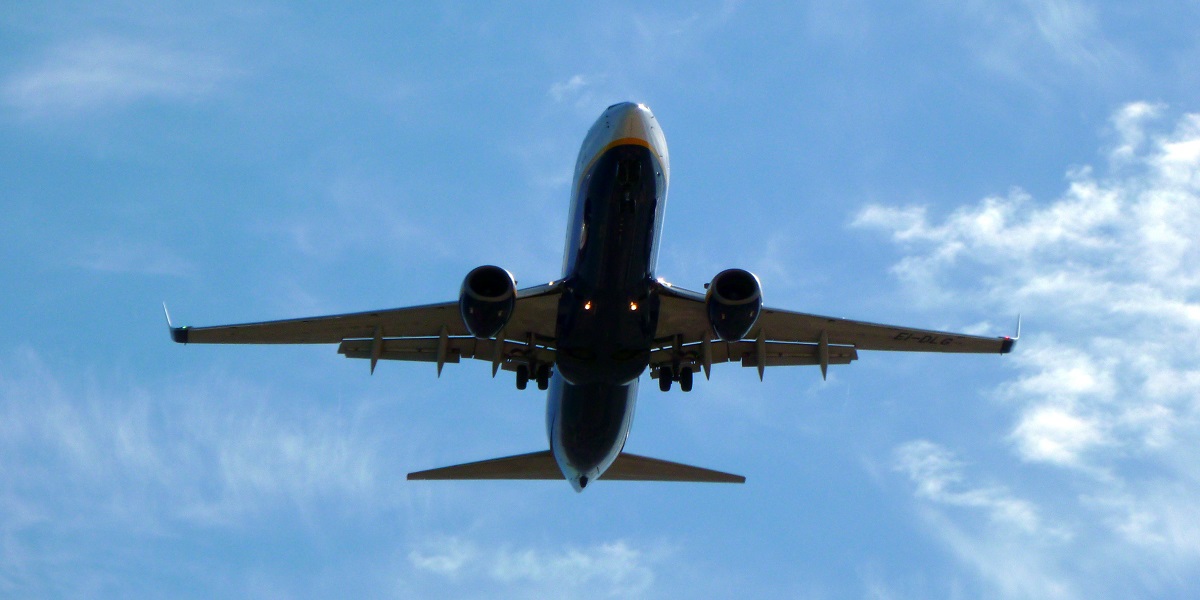Airlines seek relief from massive $US35 billion ticket refund liability
01 April, 2020
3 min read


Airlines globally face a massive $US35 billion liability for ticket refunds that could see them burn through an estimated $US61 billion of cash reserves during the second quarter.
A new analysis by the International Air Transport Association estimates the global airline industry will post a loss of $US39 billion for the quarter ending June 30.
Airlines have been steering passengers away from refunds by offering them travel credits while waiving change fees and, in some of the more generous offers, fare differences.
READ: Air New Zealand to axe 3500 jobs, could shrink by 30 percent.
Whether an airline can avoid paying out refunds depends on passenger rights legislation in the jurisdiction in which they operate. Some require airlines to honor a refund request while others allow them to offer a credit.
Now the International Air transport Association is lobbying for those jurisdictions that do require refunds to relax the rules to allow airlines to offer vouchers instead.
“Airlines need working capital to sustain their businesses through the extreme volatility,’’ IATA director-general Alexandre de Juniac said.
“Canada, Colombia, and the Netherlands are giving a major boost to the sector’s stability by enabling airlines to offer vouchers in place of cash refunds.
“This is a vital time buffer so that the sector can continue to function. In turn, that will help preserve the sector’s ability to deliver the cargo shipments that are vital today and the long-term connectivity that travelers and economies will depend on in the recovery phase,”
The IATA figures show in stark detail why airlines are keen to preserve cash.
The industry group’s analysis is based on severe travel restriction lasting three months that will see second-quarter demand plummet by 71 percent.
The damage equates to a full-year revenue loss of $US252 billion and a 38 percent demand slump.
The analysis reveals second-quarter revenues are expected to fall by 68 percent, slightly below the fall in passenger demand due to continuing but reduced cargo operations.
The decision by many airlines to ground all or most of their fleets combined with the fall in the cost of jet fuel to push down variable costs by 70 percent.
However, IATA noted the impact of the fuel cost falls will be limited to a 31 percent decline because of airline hedging policies.
The bigger problems will be fixed and semi-fixed costs that account for roughly half of an airline’s expenses.
IATA estimates semi-fixed costs such as crew costs will be reduced by about a third as airlines cut where they can without jeopardizing their ability to return to the skies when the situation recovers.
But de Juniac warned airlines could not cut costs fast enough to stay ahead of the impact of this crisis.
“We are looking at a devastating net loss of $39 billion in the second quarter. The impact of that on cash burn will be amplified by a $35 billion liability for potential ticket refunds,'' he said.
“Without relief, the industry’s cash position could deteriorate by $61 billion in the second quarter."
IATA reiterated its call for more governments to follow those that have already given aviation-specific aid packages.
Get the latest news and updates straight to your inbox
No spam, no hassle, no fuss, just airline news direct to you.
By joining our newsletter, you agree to our Privacy Policy
Find us on social media
Comments
No comments yet, be the first to write one.

